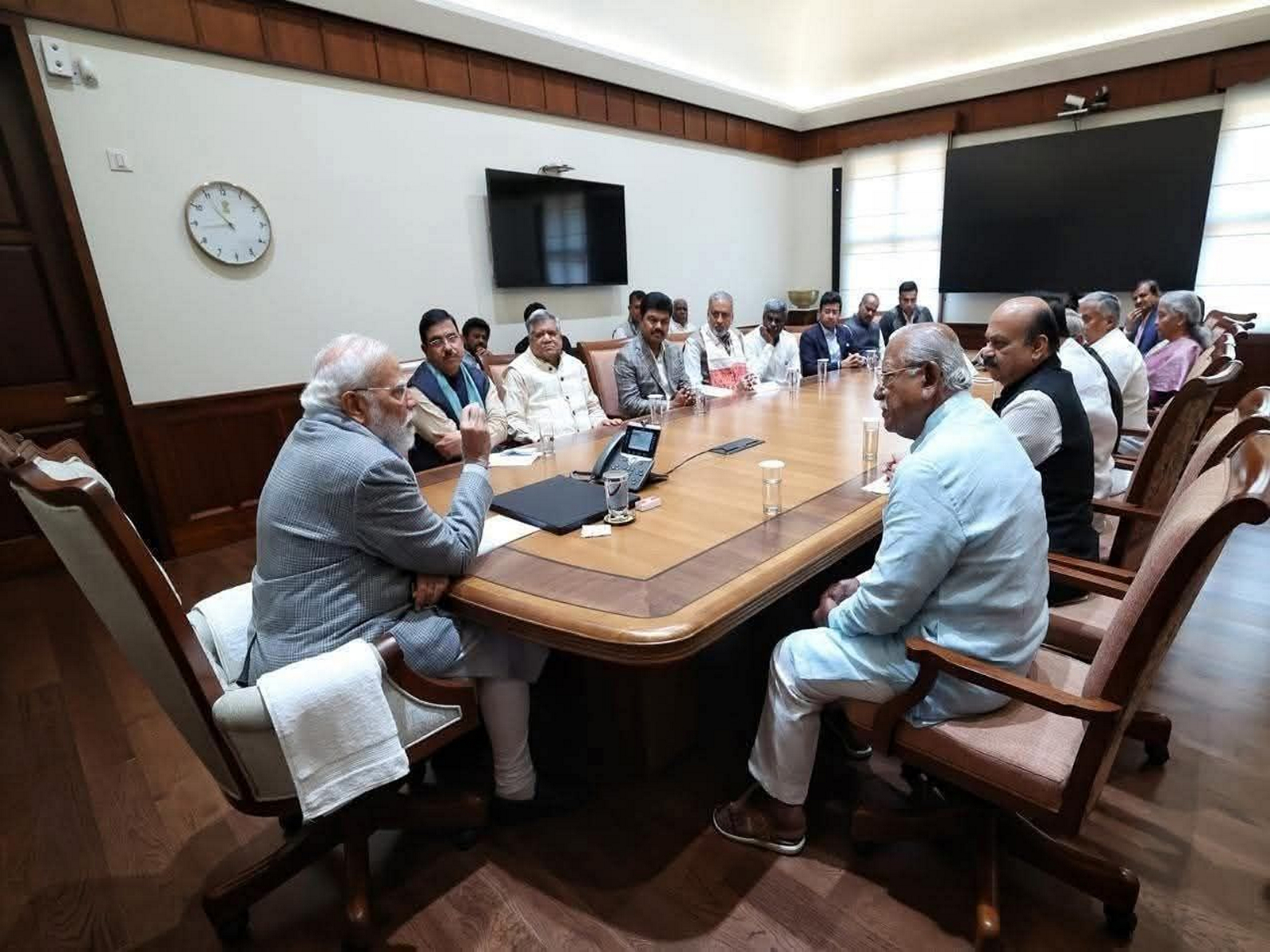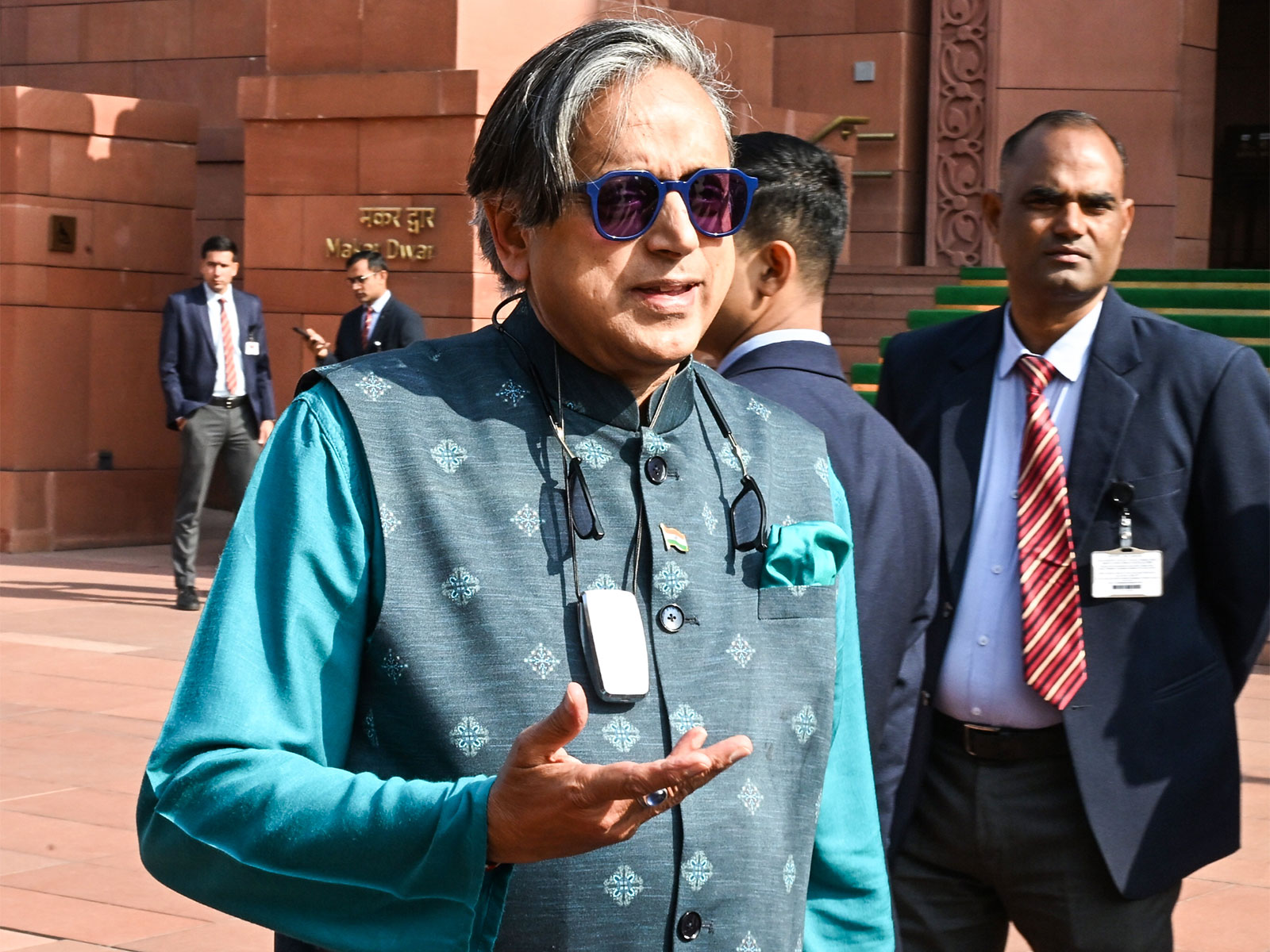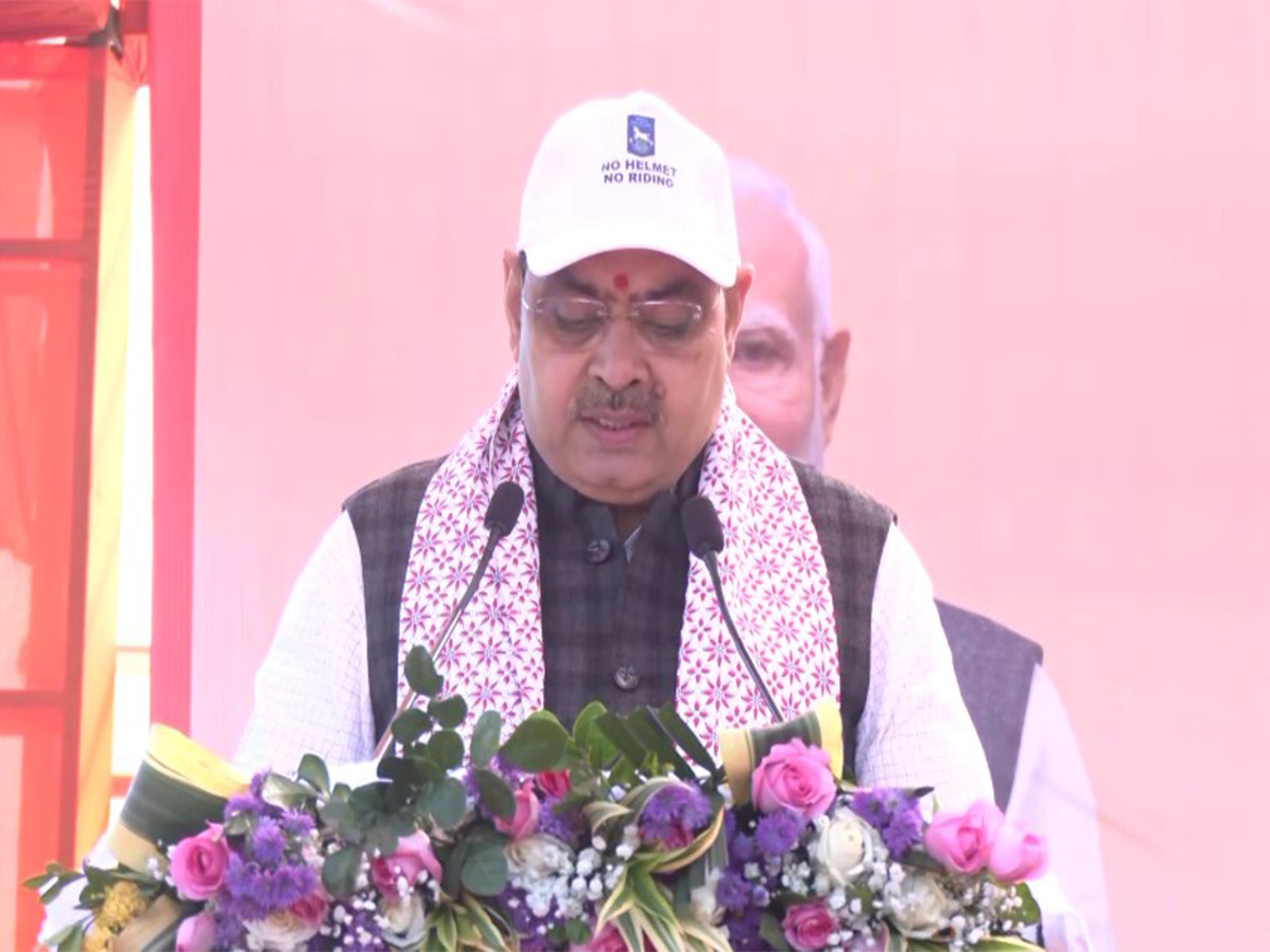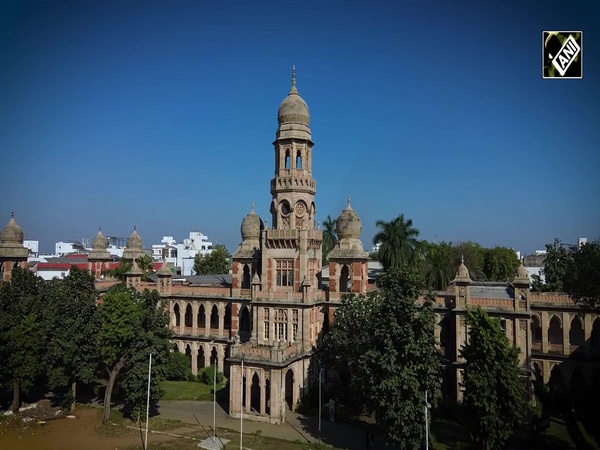"Surprised people are opposing it without thinking": Assam CM Himanta on ending Jumma break in assembly
Aug 31, 2024

Kamrup Metropolitan (Assam) [India], August 31 : Assam Chief Minister Himanta Biswa Sarma on Saturday defended the state assembly's decision to end the 2-hour break for Jumma prayers, saying that no other state assembly in India has a similar break.
He also expressed surprise that people outside Assam are opposing the decision without fully understanding it. He also said that Congress supported the decision to end the Jumma break in Assam.
In a post on X, the Assam Chief Minister said, "The decision to end the Jumma break in Assam was also supported by the Congress. There is no such break in Bihar or any other state assembly in the country. I am surprised that people outside Assam are opposing it without thinking."
https://x.com/himantabiswa/status/1829814195996533100
The state assembly ended the practice of a two-hour adjournment for Jumma Prayers, every Friday that was introduced by Saadulah's Muslim League government in colonial Assam.
Assam Speaker Biswajit Daimary said that the decision was taken as it had become difficult to hold discussions on Fridays due to a lack of time.
Former Deputy Chief Minister of Bihar and Rashtriya Janata Dal (RJD) leader Tejashwi Yadav hit out at CM Sarma and alleged that the Assam Chief Minister wants "cheap popularity" and further said that the BJP wants to "bother Muslims in some way or the other."
Samajwadi Party leader ST Hassan said, "Himanta Biswa Sarma spreads poison in the society. His government is against Muslims."
According to the previous rule, the sitting of the Assembly on Friday used to be adjourned at 11 am to facilitate Muslim members to go for namaaz, but, as per the new rule, the Assembly will conduct its proceedings without any adjournment for religious purposes.
As per the amended rule, the Assam assembly will commence its proceedings at 9.30 am every day, including Fridays. The order stated that the amendment was done to scrap the colonial practice, which aimed at dividing society on a religious basis.
















